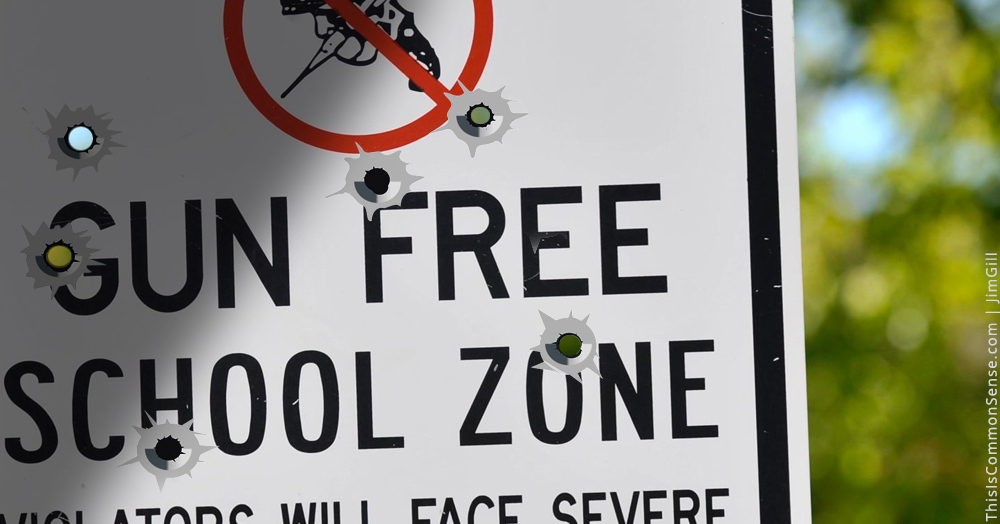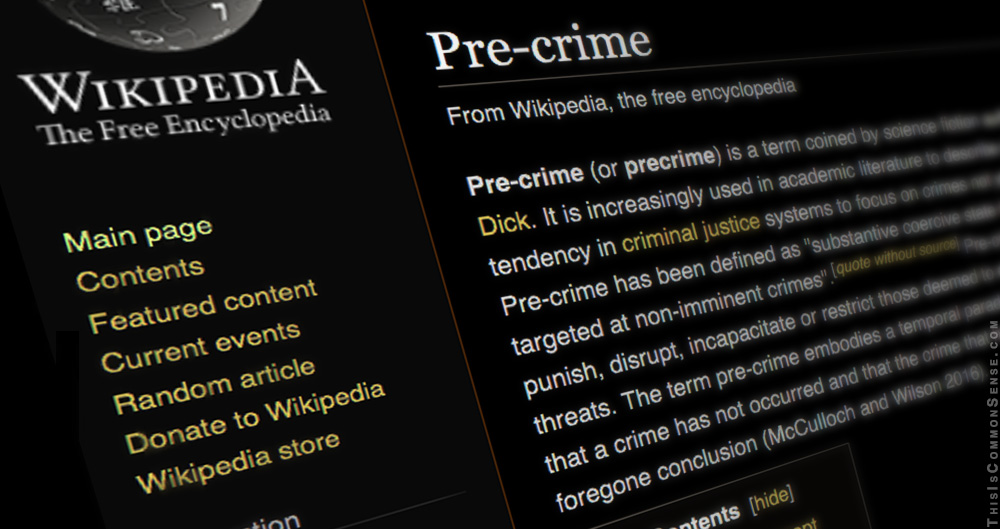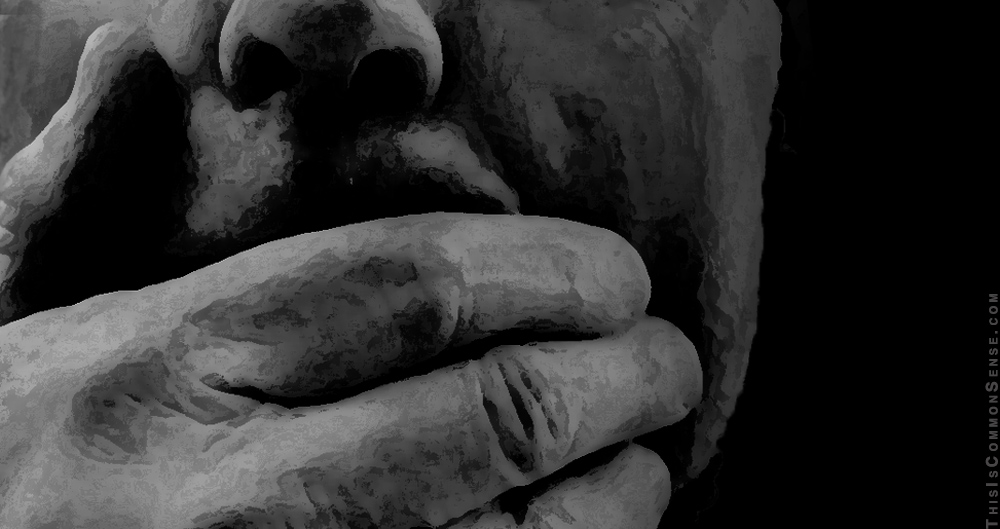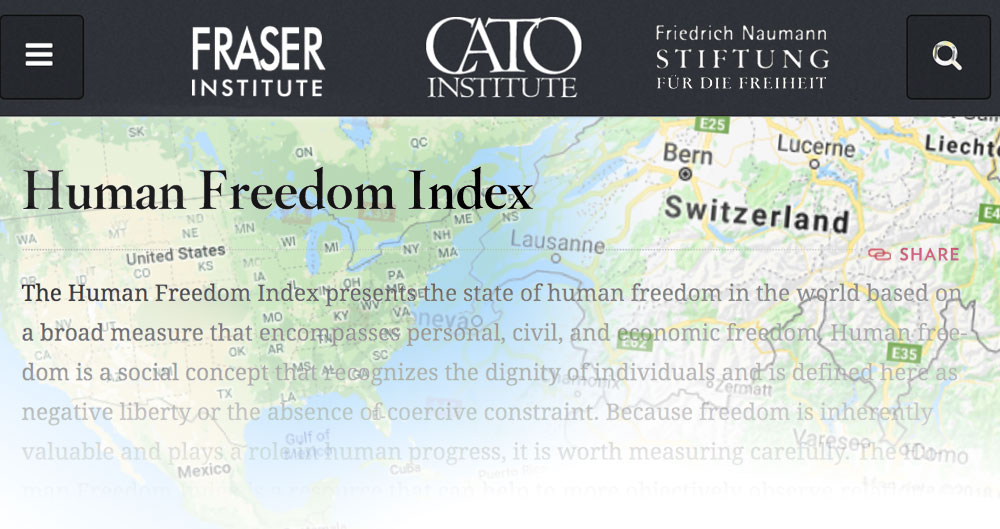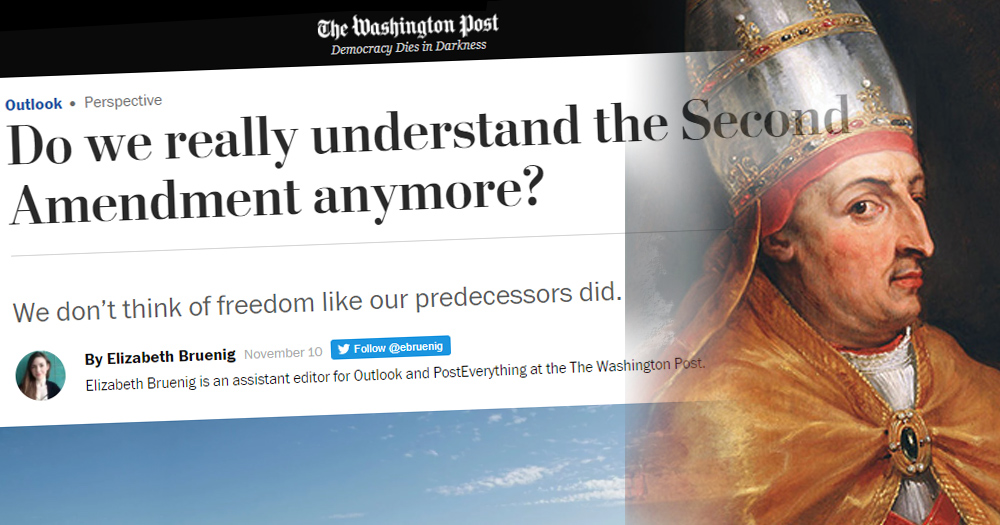Sometimes common sense and open discourse can’t be suffered — or won’t be, anyway.
So discovered Timothy Locke, a popular teacher at Cherry Hill High School East in New Jersey, after discussing the possibility of arming teachers to help protect adults and kids from would-be mass-murderers. Locke also suggested that he’d be among those bearing arms if allowed.
Most of Locke’s students were okay with his opining. But one student was bothered enough by the viewpoint to complain to administrators.
Without further ado, the school — the “Home of the Cougars,” which proudly proclaims its promotion of “a welcoming environment, community, diversity . . . participation . . . growth mindset, grit. . . ,” so forth — searched Locke’s belongings, subjected him to mental and physical evaluations, and suspended him.
Mental evaluation? Wasn’t that a ploy in the old Soviet Union: dissenters must be crazy, hence ought to be carted off to the loony bin? Let’s go nowhere near such sanctions against independent thinking here.
“The bottom line,” Locke summaraized, “is that I was very concerned about security at my school.”
Through an online petition and otherwise, hundreds of students have protested the shabby way that a teacher who inspires them has been treated.
Students less enthusiastic about Locke lament the teacher’s tendency to digress — still legal in all 50 states.
So what now? After a futile school board meeting deflecting questions on Locke’s fate, a second, special meeting is scheduled for tonight, March 6, at 7 pm in the Cherry Hill High School West Auditorium.
Let’s hope sanity prevails.
This is Common Sense. I’m Paul Jacob.


